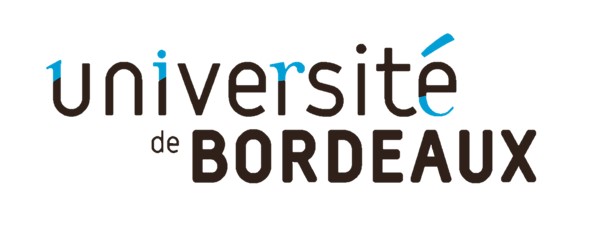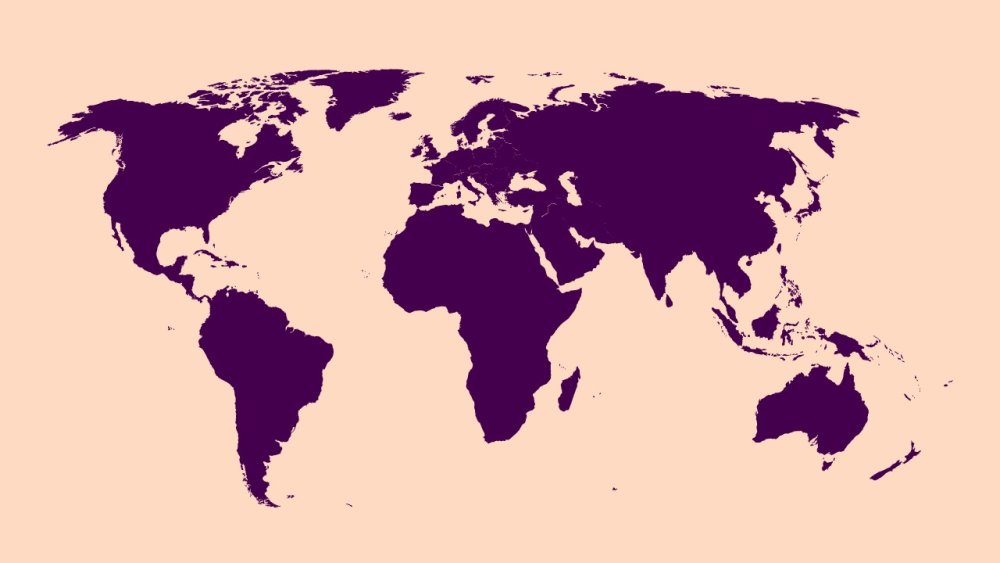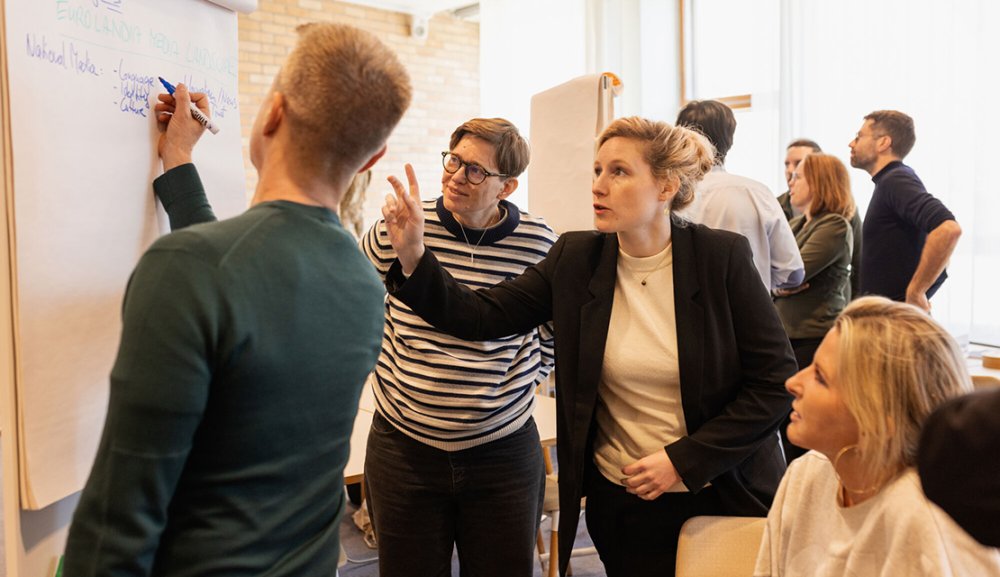Enrollment
By February 17, 2026
Delivery mode
Live online
March 10 – 31, 2026
Frequency
Location
Live Online
Language
English
Scope
1 ECTS
Sustainable Battery Design
This module focuses on the fundamentals of battery materials and their sustainability assessment from the perspective of circularity. The aim is to demonstrate the principles for more sustainable battery production, especially for the EU market.
This module aims to help organizations to
- reduce the overall life-cycle climate and environmental footprint of their products
- achieve longer product lifetimes through more durable and repairable designs
- support battery material design and the synthesis of advanced electrode materials
- analyze aging mechanisms to improve the reliability and safety of battery electrode materials
- enhance the skills of battery engineers and materials scientists working in battery development, manufacturing, and modeling
- increase the circular material use rate
- reduce waste, and
- achieve higher recycling rates.
Consequently, consumers, the environment, and the climate will benefit from products that are more durable, reusable, repairable, recyclable, and energy-efficient.
Participants may choose to complete this module as a standalone or join the comprehensive Certificate in Advanced LCA Simulation program.
Start
Fee: € 650 (+ VAT)
Participants may choose to complete this program as a standalone or join the comprehensive Certificate in Advanced LCA Simulation that this program is a part of.
This program has adopted Aalto EE's new Customer ID, and it is delivered on Aalto Learning Experience Alex e-learning environment. Before ordering, please visit aaltoee.fi/customerid.
Learning Outcomes
The module provides the participants with the latest knowledge on state-of-the-art lithium battery materials and their functioning, future development, and research trends. In addition, participants will learn about the environmental footprinting of advanced materials used in batteries and related sustainability challenges and resource implications like the criticality and circularity of raw materials use.
After completion of this study module, the participant will
- Have up-to-date-knowledge of state-of-the-art lithium battery materials, their functioning, and future development with regard to battery materials
- Understand the working principles and applications of lithium-ion batteries (LIBs), key materials of LIBs and their functions, battery assembly processes and performance analysis
- Be aware of the advantages and limitations of different battery systems and related research trends
- Be able to calculate the environmental footprint of advanced materials used in batteries
For
This study module is designed for chemical, process, and metallurgical engineers and materials scientists interested in learning about lithium-ion batteries, their materials, new developments, and their sustainability assessment and attributes.
Prerequisites: Participants should have a basic understanding of metallurgy, materials science, or chemistry. Familiarity with mass and energy balances, unit operations, unit processes, chemical reactions, material science, and sustainability is beneficial but not required.
This module is particularly suitable for
- Sustainability consultants and managers
- Materials scientists or engineers
- Chemical, process, or metallurgical engineers working in sustainability consultancy
- Professionals working in raw materials extraction and refinery companies, or in companies using LIB and advanced materials
- Professionals working in LIB battery-producing companies
Program Structure
This study module consists of live online sessions focusing on different topics. Between sessions, participants will study additional materials that help them apply the learning.
Schedule
Kick-off Session & State-of-the-Art lithium battery materials and their functioning
Schedule
March 10, 2026, 10:00-14:00 (EET)
Location
Live Online
Kick-off Session
Instructor: Daniel Lindberg, Aalto University
The kick off session introduces the structure and objectives of the program, outlines its key themes, and provides practical information such as the schedule, learning platform, and assignments. Participants will also have the opportunity to ask questions and clarify any details.
State-of-the-Art lithium battery materials and their functioning
Instructor: Xiangze Kong, Aalto University
The State-of-the-Art Lithium Battery Materials and Their Functioning session provides a comprehensive overview of lithium-ion batteries (LIBs), which play a crucial role in energy storage technologies across various applications, including mobile devices, electric vehicles, and energy storage systems. This session covers the working principles of LIBs, their key materials, and the battery assembly process. Participants will also gain insights into the performance analysis of these batteries and their applications in real-world scenarios.
Participants will explore raw materials used in lithium-ion batteries, understand how these materials interact to enable efficient energy storage, and learn about the battery assembly process. The session will also examine how performance metrics of LIBs are assessed and their wide-ranging applications in the energy and mobility sectors.
Objectives:
-
Understand the working principles of lithium-ion batteries (LIBs) and their key materials
-
Learn the role of key materials in LIB functionality and the battery assembly process
-
Explore the performance analysis techniques used to evaluate lithium-ion batteries
-
Gain knowledge of the applications of LIBs across various industries, including electric vehicles and energy storage
-
This session is designed for professionals looking to deepen their knowledge of lithium-ion batteries, from raw material exploration to battery assembly and performance analysis, with a focus on their critical role in modern energy systems.
Battery Materials: Future Development and Research Trends
Schedule
March 17, 2026, 10:00-12:45 (EET)
Location
Live Online
Battery Materials: Future Development and Research Trends
Instructor: Xiangze Kong, Aalto University
The Battery Materials: Future Development and Research Trends session delves into the latest advancements in battery materials beyond lithium-ion technology, exploring emerging trends and innovations in the battery industry. Participants will learn about new battery systems and the potential challenges and opportunities associated with the development of alternative battery materials. Topics include Li-S (Lithium-Sulfur) and Li-O2 (Lithium-Oxygen) cathodes, all-solid-state configurations, alkali metal substitutions, and multivalent-ion batteries.
The session will examine the working principles of these next-generation battery systems, highlight their advantages and limitations, and explore the research trends driving the future of energy storage technologies.
Objectives:
-
Understand the working principles of next-generation battery systems
-
Explore alternative cathode materials, including Li-S and Li-O2, and their potential for future batteries
-
Gain insights into the advantages and limitations of various battery technologies
-
Investigate research trends in the development of batteries beyond lithium-ion, including solid-state batteries and multivalent-ion systems
Resource Implications of Raw Materials
Schedule
March 24, 2026, 10:00-12:45 (EET)
Location
Live Online
Resource Implications of Raw Materials
Instructor: Guido Sonnemann, University of Bordeaux
The Resource Implications of Raw Materials session explores the growing importance of material criticality in the design and development of batteries. As the demand for critical raw materials increases, understanding their criticality and how to manage their circularity is vital for ensuring sustainable battery production. This session covers the factors influencing the criticality of materials, as well as the methods used to assess and address circularity in material sourcing and recycling.
Participants will gain a comprehensive understanding of critical raw materials, the process of criticality assessment, and the principles behind circular economy and circularity assessment, with a focus on their role in the sustainability of battery technologies.
Objectives:
-
Understand the concept of criticality in the context of raw materials for batteries
-
Learn how to assess the criticality of raw materials and its implications for battery design
-
Explore the principles of circular economy and circularity assessment
-
Understand the importance of circularity in the sustainable use of critical raw materials in battery production
Environmental Footprint of Advanced Materials Used in Batteries & Closing Session
Schedule
March 31, 2026, 10:00-14:00 (EET)
Location
Live Online
Environmental Footprint of Advanced Materials Used in Batteries
Instructor: Guido Sonnemann, University of Bordeaux
The Environmental Footprint of Advanced Materials Used in Batteries session explores the life cycle climatic and environmental impacts associated with the key materials used in battery manufacturing. While batteries are often seen as solutions to climate change mitigation in various applications (e.g., electric vehicles), it is essential to understand their environmental footprint throughout their entire life cycle. This session examines the environmental and climatic effects of advanced battery materials and how these impacts influence sustainable battery development.
Participants will learn about the life cycle assessment (LCA) of battery materials and explore their environmental impacts, from material extraction to end-of-life disposal, providing a holistic view of battery production and sustainability.
Objectives:
-
Understand the life cycle assessment (LCA) process and its role in evaluating the environmental footprint of battery materials
-
Analyze the environmental impacts associated with key materials used in battery manufacturing
-
Learn how battery materials contribute to climatic and environmental issues across their entire life cycle
-
Understand the importance of sustainable practices in the development and use of advanced battery materials
Closing session
Instructor: Daniel Lindberg, Aalto University
The closing session summarizes the key themes and insights covered during the program and provides space for reflection on the learning experience. Practical next steps and any final instructions will be shared. Participants will also have the opportunity to ask questions and give feedback.
Developed in Collaboration with Research Institutions and Industry
The program is designed and developed by Aalto University, Metso, TU Bergakademi Freiberg, University of Bordeaux, Wroclaw University of Science and Technology, Technical Research Centre of Finland Ltd. VTT and Aalto University Executive Education.
The program supports the EU’s sustainable products initiative to make products placed on the EU market more sustainable. It provides product designers with knowledge and tools to understand how they can adjust existing material cycles and design new processes to optimize the environmental performance of batteries while maintaining their functional quality. Applications include electronic equipment such as computers, phones, and tablets, the automotive and aeronautic sectors, and sustainable energy-related technologies.






Program Fee and Registration
Registration
The program fee is € 650 (+ VAT).
Participants may choose to complete this program as a standalone or join the comprehensive Certificate in Advanced LCA Simulation that this program is a part of.
This program has adopted Aalto EE's new Customer ID, and it is delivered on Aalto Learning Experience Alex e-learning environment. Before ordering, please visit aaltoee.fi/customerid.

















